News
There’s No Free Ticket” – Canada Warns Nigerian Asylum Seekers Crossing From USA
The Canadian government said it’s working with U.S. visa officials in Nigeria to mitigate the surge of migrants coming to the United States seeking a safe haven in neighboring Canada.
There’s a growing number of Nigerian asylum seekers who legally travel to the United States on a visa and stay for a brief time before attempting to cross the border into Canada, according to the Canadian government. In response, three Canadian officials have been stationed to work with U.S. visa officials in the Nigerian city of Lagos to “combat abuse of U.S. travel documents,” the government announced in a press release Monday.
“Coming across the border in a way that seeks to circumvent our procedures is no free ticket to Canada,” Canada’s Minister of Public Safety and Emergency Preparedness Ralph Goodale said in a statement. “We will continue to ensure an orderly managed border, including the compassionate treatment of those who genuinely need Canada’s protection. And we will continue to work with the United States to deter the misuse of travel documents that has helped drive the influx.”
Canada’s Minister of Immigration, Refugees and Citizenship Ahmed Hussen will also travel to the West African nation this month to meet with Nigerian officials about the issue.
“Our government’s priority first and foremost is to ensure that all laws are followed to protect the safety and security of Canadians,” Hussen said in a statement.
The U.S. Embassy and Consulate in Nigeria did not respond to ABC News’ request for comment Wednesday.
More than 25,000 asylum seekers were apprehended by the Royal Canadian Mounted Police, mostly in Quebec, as they crossed “irregularly” into Canada from the United States between the ports of entry from January 2017 through March of this year. The influx of irregular border-crossers appears to be on the rise, and there’s concern the number will soar as the weather warms up.
The number of asylum seekers apprehended by the national police force in the first three months of this year was more than double the amount in the same period last year. And last year, the number intercepted at the border more than tripled in July and August, according to figures from the Canadian government.
Many of the asylum seekers crossing into Canada last year were Haitians who feared they would lose their temporary protected status (TPS) in the United States, after President Donald Trump’s administration announced it will end the program for Haitian immigrants by July 2019.
So far this year, most of the asylum seekers crossing into Canada by land have been Nigerian citizens, the Canada Border Services Agency confirmed to ABC News.
“Nigerians do not want to settle in the U.S. but in Canada. It is much easier for a citizen of Nigeria to obtain a tourist visa for the U.S. than for Canada,” Stephane Handfield, an immigration lawyer in Montreal, told ABC News in French. “So they get a U.S. tourist visa, stay a few days in the U.S. and cross the Canadian border.”
Handfield said it’s also easier for asylum seekers to obtain refugee status in Canada than in the United States.
Nigerians are fleeing their home country for a number of reasons, such as poverty, persecution and violent conflict, including Boko Haram’s years-long insurgency. The Nigeria-based jihadist group, which seeks to establish an Islamic state, has killed more than 20,000 people and displaced some 2.3 million since 2009, according to the latest figures from the United Nations.
“When people are fleeing persecution, whether they’re in Nigeria or elsewhere, they will take whatever method and route is available to them,” John Cockell, spokesman for the United Nations High Commissioner for Refugees in Canada, told ABC News. “International humanitarian law recognizes this and that’s why asylum seekers are not penalized for entering a country using irregular means, as many choose to do in the case of Canada.”
“We feel [Canadian] authorities have actually done a very good job with managing the increased numbers,” Cockell added.
The Canadian government said it will build new facilities for short-term accommodations at a popular border crossing into the province of Quebec from New York state. Canadian officials will also fast-track work permits for asylum seekers, so they can financially support themselves and their families while they wait to see if their claim for protection is granted.
“While we adhere to international conventions and want to offer asylum to those fleeing persecution and war, the fact remains that there are very specific laws, rules and criteria to be respected in order to find refuge in our country,” Canada’s Minister of Transport Marc Garneau said in a statement.
ABC News


News
Wole Olanipekun, Taiwo Oyedele Urge South-West Governors to Maximise Tinubu Presidency for Regional Growth
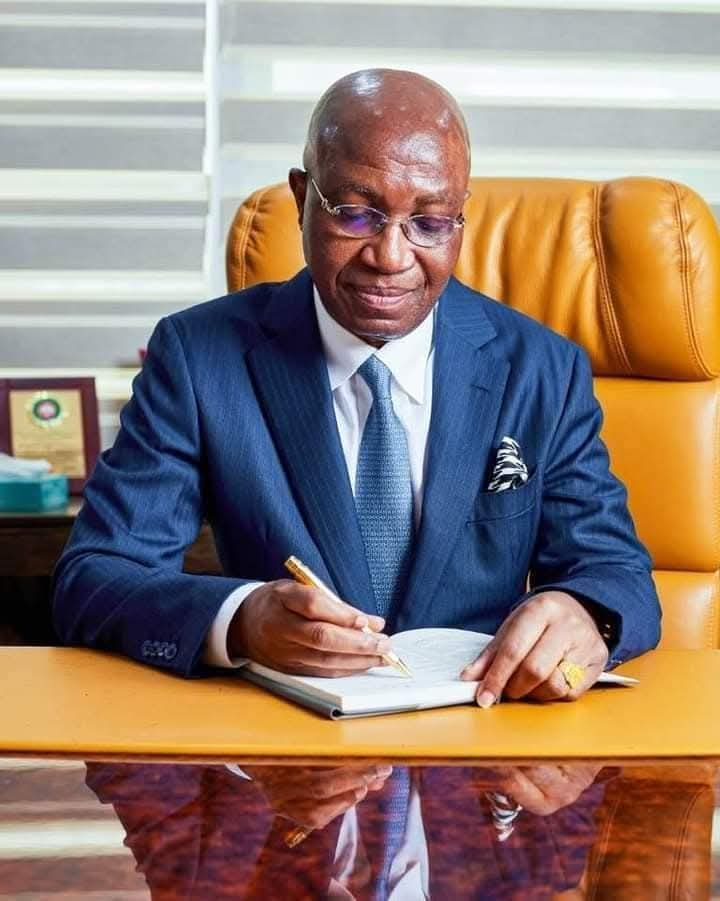
Senior Advocate of Nigeria (SAN), Wole Olanipekun, and Chairman of the Presidential Fiscal Policy and Tax Reforms Committee, Taiwo Oyedele, have called on South-West governors and political leaders to fully leverage President Bola Tinubu’s administration to drive accelerated development across the region.
The duo made the call on Monday in Akure, Ondo State capital, while speaking at a public lecture organised as part of activities marking the 50th anniversary of Ondo State’s creation.
They stressed that the South-West must prioritise massive investments in infrastructure, industrialisation, and economic reforms during Tinubu’s tenure to secure long-term regional prosperity.
Olanipekun cautioned that the political advantage of having a South-West president is temporary, noting that President Tinubu’s tenure will come to an end after his second term in 2031.
According to him, the region must act decisively within this window to strengthen its economic base and ensure sustainable development beyond the current administration.
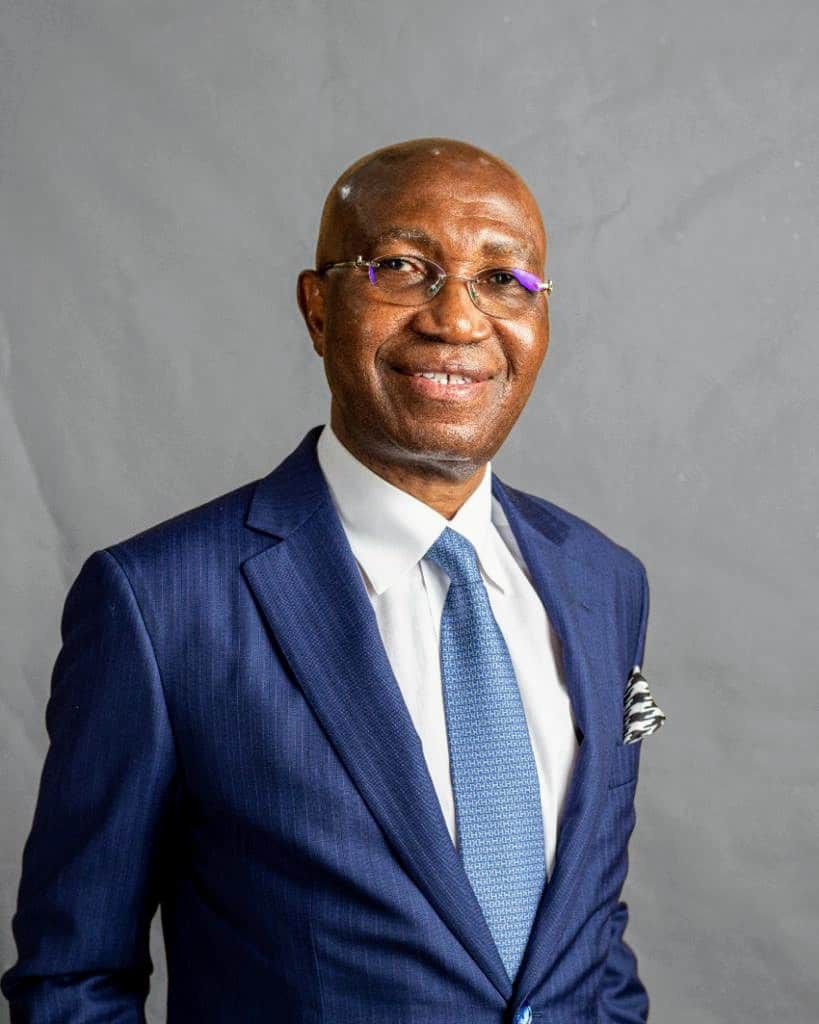
News
BREAKING: Malami Tells Court He Earned ₦12bn+ Legitimately, Seeks Release of Seized Properties
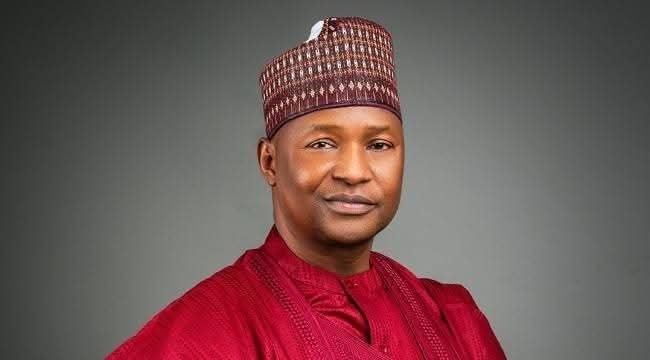
Former Attorney-General of the Federation, Abubakar Malami (SAN), has disclosed details of his earnings while asking a Federal High Court in Abuja to set aside an interim order authorising the seizure of 57 properties allegedly linked to him.
Malami made the disclosure through his counsel, Joseph Daudu (SAN), in a motion on notice filed before the court. The application seeks to vacate an interim forfeiture order affecting three of the 57 properties currently under investigation by the Economic and Financial Crimes Commission (EFCC).
According to the court filing, Malami stated that he had fully and transparently declared his sources of income in his asset declaration submitted to the Code of Conduct Bureau (CCB).
The document outlined multiple income streams, including:
₦374.63 million earned from salaries, estacodes, severance allowances, and related entitlements.
₦574.07 million generated from the disposal of personal assets.
₦10.01 billion recorded as turnover from private business ventures.
₦2.52 billion issued as loans to various businesses.
₦958 million received as traditional gifts from personal friends.
₦509.88 million realised from the launch and public presentation of his book titled “Contemporary Issues on Nigerian Law and Practice: Thorny Terrains in Traversing the Nigerian Justice Sector – My Travails and Triumphs.”
Malami’s legal team argued that the declared earnings sufficiently explain the source of funds used to acquire the properties in question, urging the court to lift the interim seizure order.
The matter remains pending before the Federal High Court as the EFCC continues its forfeiture proceedings.
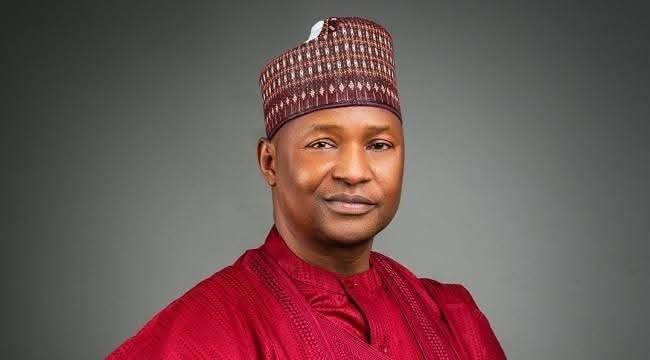


News
MAN Urges Federal Government to Stop NAFDAC’s Sachet Alcohol Ban, Warns of ₦1.9 Trillion Loss
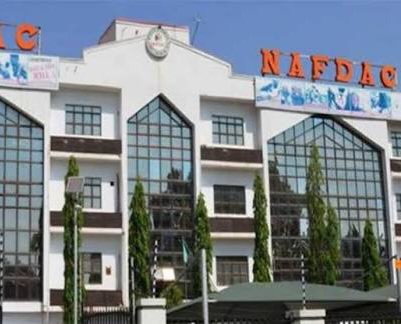
The Manufacturers Association of Nigeria has appealed to the Federal Government to restrain the National Agency for Food and Drug Administration and Control from proceeding with its ban on alcoholic beverages packaged in sachets and small PET bottles, warning of catastrophic economic consequences.
In a statement issued by Director-General Segun Ajayi-Kadir, MAN described NAFDAC’s renewed enforcement action as detrimental to indigenous industrial operators and fundamentally inconsistent with earlier government directives.
The manufacturers’ body emphasized that NAFDAC’s recent move directly contradicts the House of Representatives resolution dated March 14, 2024, which specifically restrained the agency from implementing the punitive ban following comprehensive stakeholder consultations through a public hearing.
“Rather than abiding by the generally agreed resolution, NAFDAC bided its time and chose to rely on a resolution of the Senate that was devoid of the usual stakeholders’ engagement,” Ajayi-Kadir stated, noting that operators now face confusion over conflicting directives from different arms of government.
MAN warned that enforcing the ban would devastate Nigeria’s manufacturing sector, threatening over ₦1.9 trillion in existing investments and triggering the retrenchment of more than 500,000 direct employees alongside approximately five million workers in the indirect value chain.
The association cautioned that the restriction would paradoxically undermine public health by creating market opportunities for illicit, substandard and unregulated products beyond the control of regulatory authorities.
“This is counterproductive as it will open up the market for illicit, sub-standard, and unregulated products. It will lead to an influx of imported alternatives, mostly smuggled. It will deny the government of revenues collectable from the companies,” Ajayi-Kadir declared.
The manufacturers’ group emphasized that alcohol served in sachets by local producers is manufactured under hygienic conditions and certified by regulatory agencies including NAFDAC itself, making the ban particularly contradictory.
MAN also challenged the untested assertion that sachet alcohol drives underage consumption, citing credible and empirical research that contradicts this claim. The industry has independently invested over ₦1 billion in nationwide media campaigns promoting responsible alcohol consumption and discouraging underage abuse.
The association stressed that banning certified products would deny adult consumers with limited budgets access to regulated alcoholic beverages while simultaneously depriving the government of substantial tax revenues.
Food, Beverages and Tobacco Senior Staff Association and National Union of Food, Beverages and Tobacco Employees have joined MAN in opposing the ban, demanding that NAFDAC provide empirical evidence that sachet alcoholic beverages are being consumed by children.
Labor unions have called for the suspension of NAFDAC Director-General Professor Mojisola Adeyeye, accusing her of siding with multinational companies to undermine local manufacturers.
However, NAFDAC has maintained its position, with Adeyeye insisting that enforcement is backed by law following the Senate’s unanimous resolution setting a December 2025 deadline that has now passed.
The NAFDAC chief argued that the proliferation of high-alcohol-content beverages in sachets has made such products easily accessible, affordable and concealable, contributing to widespread misuse and addiction among minors and commercial drivers.
“This public health menace has been linked to increased incidences of domestic violence, road accidents, school dropouts, and social vices across communities,” Adeyeye stated, describing the ban as protective rather than punitive.
In contrast, civil society organization Socio-Economic Rights and Accountability Project has approached the Federal High Court in Lagos seeking injunctive orders to prevent the Federal Government from interfering with NAFDAC’s statutory powers to enforce the ban.
SERAP argues that continued circulation of sachet alcohol violates the National Health Act 2014, the NAFDAC Act and international commitments under the World Health Organization’s Global Strategy to Reduce Harmful Use of Alcohol.
The legal and economic battle over sachet alcohol highlights deeper tensions between public health regulation, economic survival and stakeholder consultation in Nigeria’s policymaking process, with no clear resolution in sight as multiple court cases and regulatory actions unfold simultaneously.
-

 News2 years ago
News2 years agoHardship: We Plan To Establish A National Commodity Board To Crash Food Prices – VP Shettima
-
News8 years ago
Blog Reader; Samson Osagiede Celebrates Fiancè Benedicta Daniels’s Birthday With Sweet Words
-
Home9 years ago
News Channel claims Donald Trump is an orphan from Pakistan,share alleged childhood photo
-
Home9 years ago
Another $175m Found in Patience Jonathan’s wife’s firm’s Bank Account
-
Home9 years ago
Oil Spillage: House of Reps Member Shares Photos of the Water her Constituents Drink .
-
Home9 years ago
Zara Buhari & Ahmed Indimi’s Wedding Access Card
-

 Sport7 years ago
Sport7 years agoModric, Marta Wins 2018 FIFA Best Player Of The Year Awards ⚽️
-
News8 years ago
The Best Video You’ve Seen Today?
